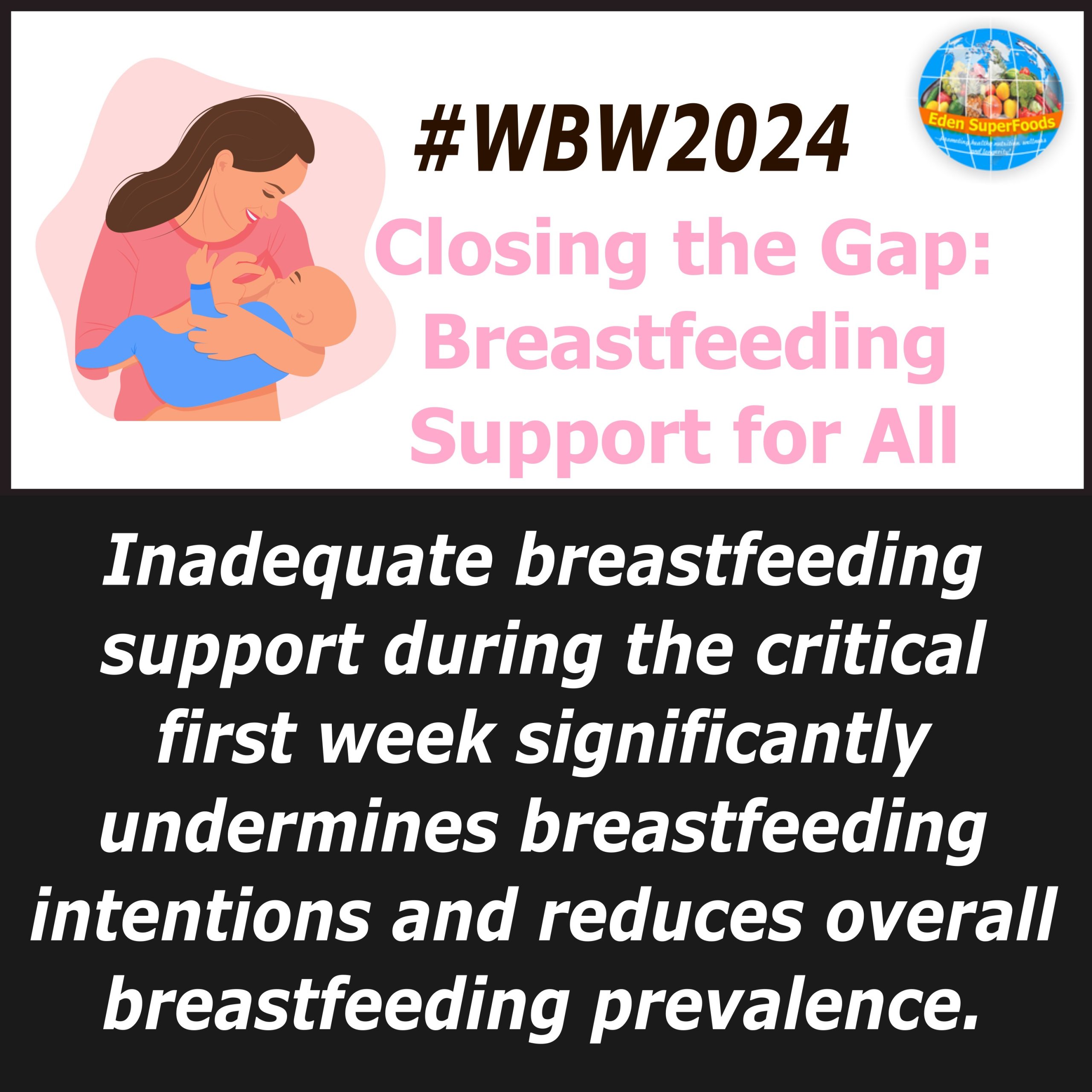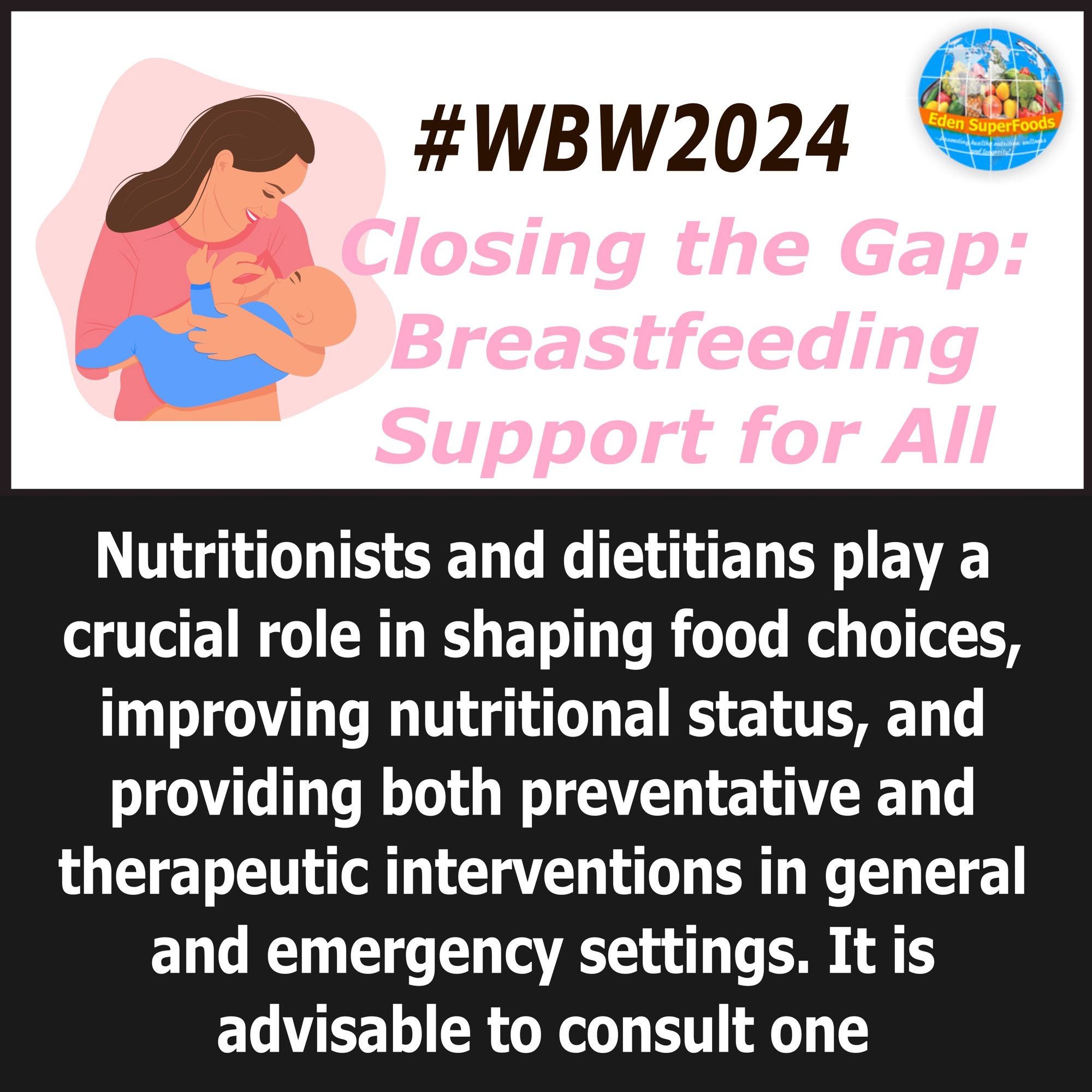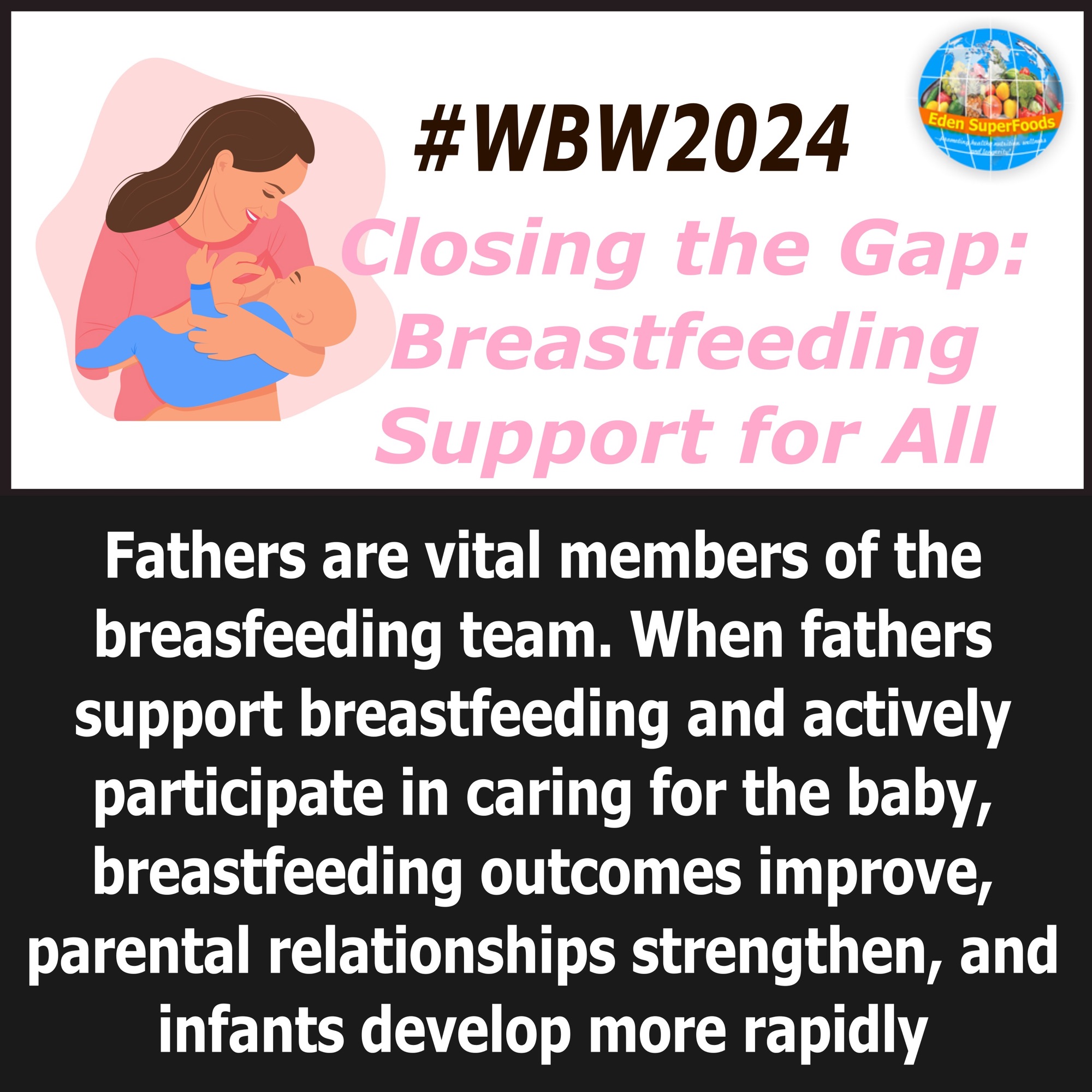Inadequate breastfeeding support during the critical first week significantly undermines breastfeeding intentions and reduces overall breastfeeding prevalence. This lack of support can lead to numerous challenges for new mothers, including difficulties in establishing a proper latch, managing milk supply, and addressing concerns about infant nutrition. Without the necessary guidance and encouragement, many mothers may feel overwhelmed and discouraged, ultimately leading to a decline in breastfeeding rates and the many health benefits associated with it for both mother and child.
Emotional Effects
Moreover, the absence of timely and effective breastfeeding support can exacerbate feelings of isolation and anxiety among new mothers. This emotional toll can further impact their confidence and willingness to persevere with breastfeeding. Studies have shown that well-supported breastfeeding mothers are more likely to continue breastfeeding for longer periods, thereby enhancing the health outcomes for both themselves and their babies.

Key Support Providers
Healthcare providers, lactation consultants, and community support systems play a crucial role in offering the necessary assistance and resources during this critical period. By providing comprehensive education, hands-on support, and emotional encouragement, these professionals can help mothers overcome common breastfeeding challenges and foster a more positive breastfeeding experience. This, in turn, can lead to higher breastfeeding rates and contribute to the overall well-being of families and communities.
Support Breastfeeding Throughout
It is essential to recognize that breastfeeding support should not be limited to the immediate postpartum period but should extend throughout the breastfeeding journey. Continuous support can address evolving challenges as the baby grows and the mother’s situation changes. This sustained assistance helps in maintaining breastfeeding practices and ensures that both mother and child reap the long-term benefits of breastfeeding. By investing in robust breastfeeding support systems, we can create a nurturing environment that promotes the health and well-being of future generations.





